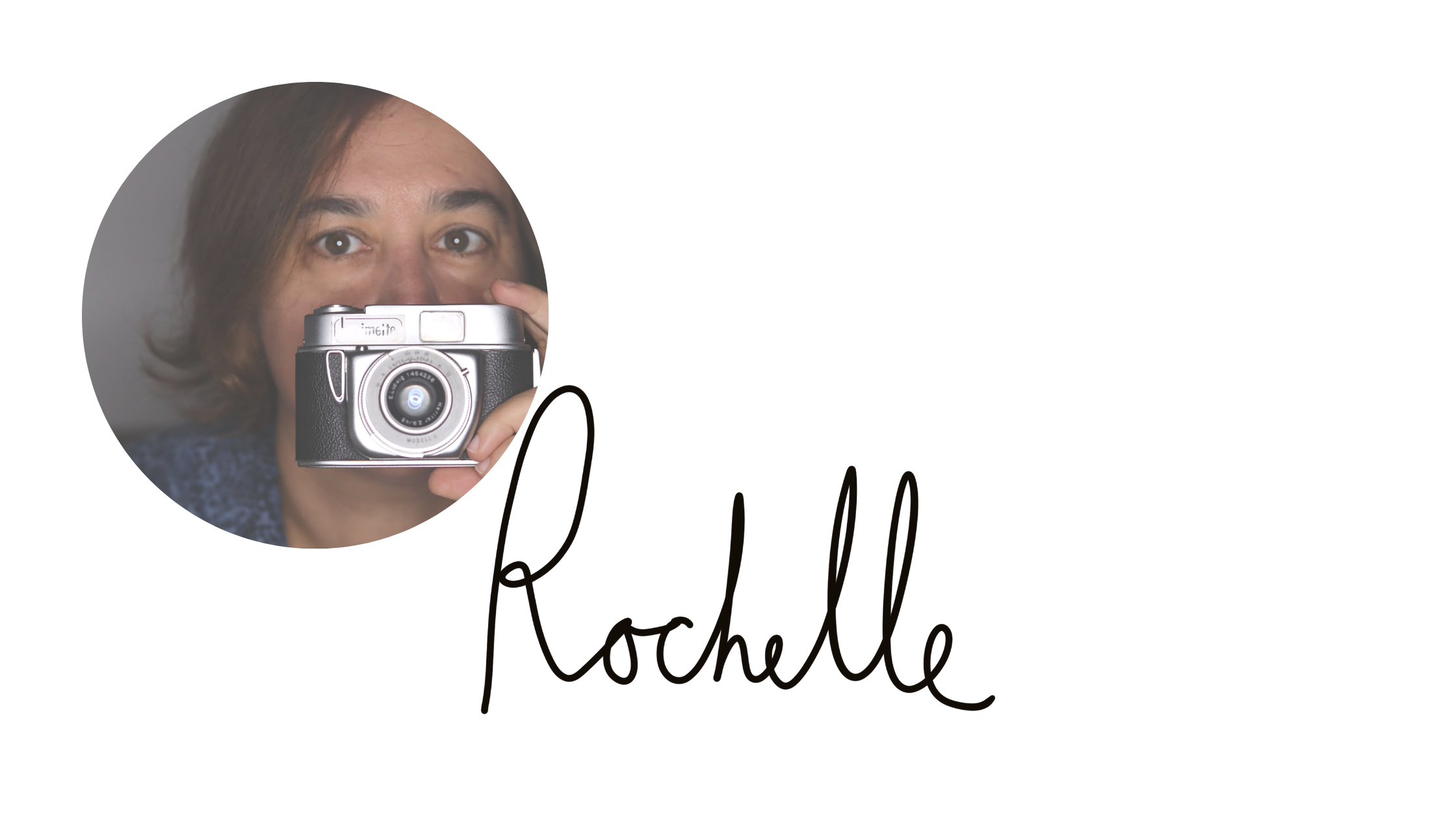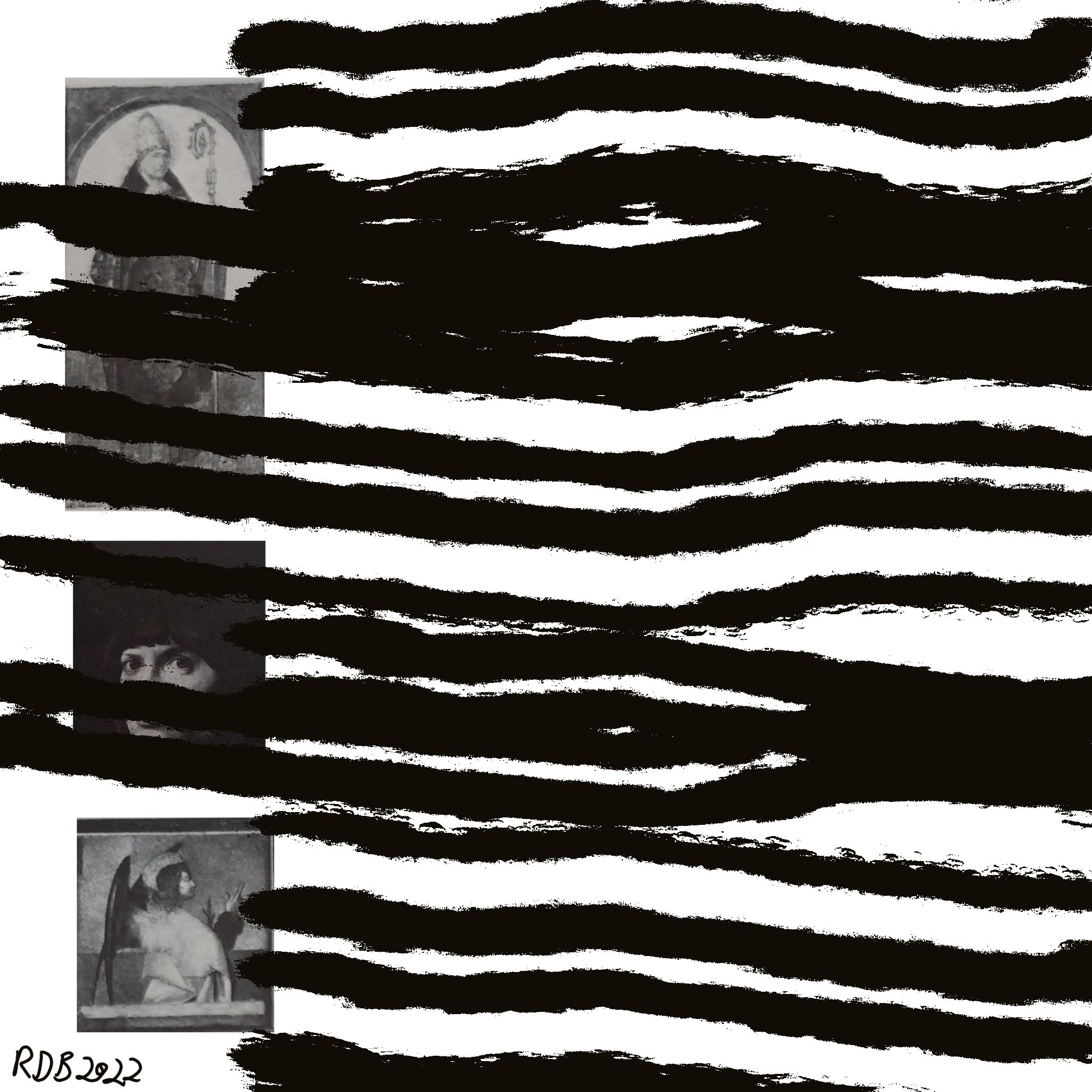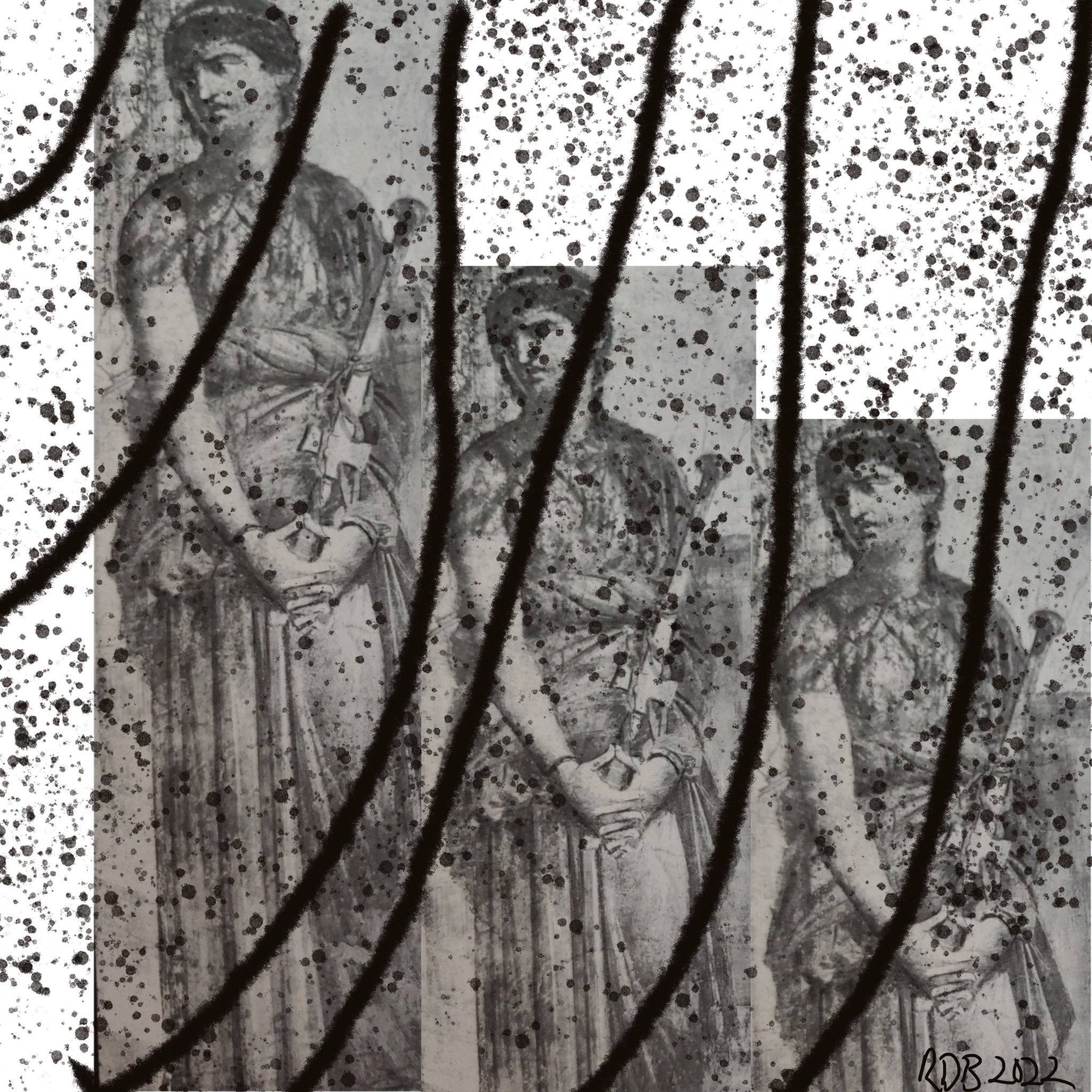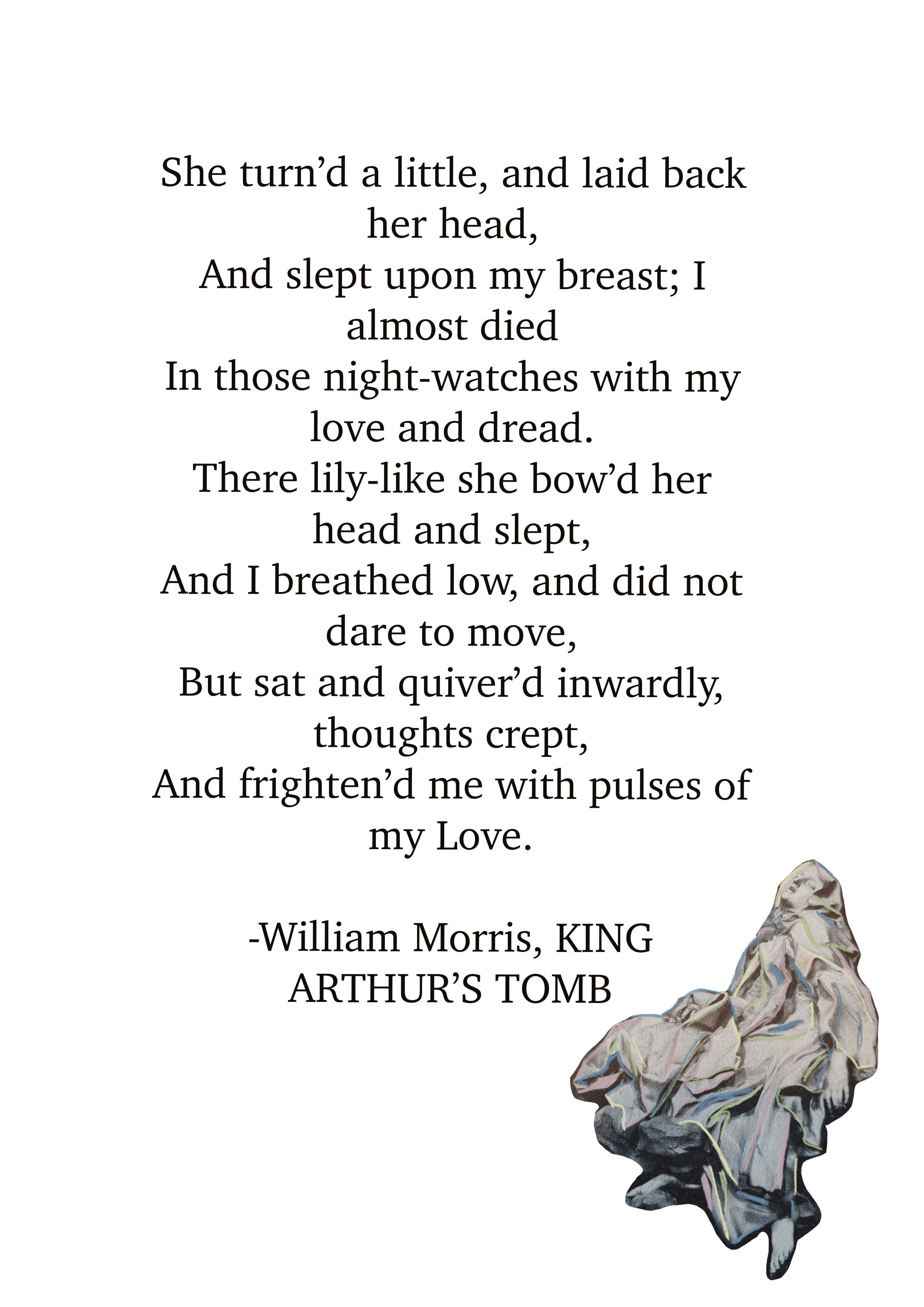Cold hard marble
an expression of grief
Read Morean expression of grief
Read More
I know a bit of grief.
It's the moment you realise
you cannot go back on your steps
to make it better
or say I love you again
see someone's face every day,
hear their laugh, trace the outline of their smile,
hold their hand or hug them.
When you learn what it feels like to run out of time.
No more silent pauses in conversations
seeing them across the table,
passing the salad bowl at dinner.
All of those moments you take for granted
stop in your mind,
they are gathered up in memories
and the grieving begins.
I've learnt grief isn't bad,
it's all we have, really,
for our tears are our love
which used to go out
towards those we love.
After they are gone, it has nowhere to go,
so our unexpressed love
becomes our grief.
And as our passion is as undying,
as our mourning.
This strange sadness will never leave
not until our dying days.
It comes over us in the most unlikely moments
in the tiny flickers of memories
the flutter of butterflies
a microscopic movement is enough the overcome us.
Sometimes it's like a tap that
we need to open to let the pressure out.
But mostly, grief is a dark veil that wraps around
our hope, our happiness and faith
and covers our organs which
find they have an extra weight to carry
the resistance makes it harder to breathe
love and move forward when we don't
want to.
It may seem ironic
but I hope we never
stop grieving
because it keeps our
dearly departed near us.
Life doesn't stop
when someone dies,
it merely shifts
and changes into another
gear and somehow
we live with it.


The thing about losing something
is that there is nothing to know.
It's an emotion that takes hold of you
pushes you around like a bully that doesn't let up.
You put up with it, let it bleed you dry,
cry yourself to sleep until it loses its strength.
And then you can push it under you, into your heart
Occasionally it will bubble up, making you vomit emotions.
Eventually, it will become a part of you
reminding you how capable you are of love
and how love never really leaves you.

Oh artist, please paint me
I'm desperate to be immortalised
not because I want to be remembered
I'm happy to be forgotten
but because I want to leap out of the page
through my own words
into another's heart
to connect.
To gaze into another's soul.
Through a time beyond myself.


There have been better days than now,
felt less lost and confused
not so sad or deflated
I wish for one of those
better days instead of smack
bang in one of the worst ones.
Nothing going right
love went to waste
efforts all worthless
and so, so far away
from everyone I love.
The hurt comes in tears
that bastard blows up in
your face,
whether you like it or not
that emotion's going to come
knock you over and make you
I wish for better days.
They will come; be patient.


You can be red raw and still sing your song.
You can have tears in your eyes and still tell your story.
The truth is where the tale lies.
You cannot or should not wait to share it.
The emotion will help you to connect to others.
Because everyone can see you
understand and communicate
with feelings.
So don’t be afraid to bleed onto the page
we all have the same blood in our veins.


William Morris (1834 – 1896) was a British textile designer, poet, artist, novelist, architectural conservationist, printer, translator and socialist activist associated with the British Arts and Crafts Movement. He was a significant contributor to the revival of traditional British textile arts and production methods. His literary contributions helped establish the modern fantasy genre, while he helped win the acceptance of socialism in fin de siècle Great Britain.
Morris was born in Walthamstow, Essex, to a wealthy middle-class family. He came under the strong influence of medievalism while studying Classics at Oxford University. After university, he married Jane Burden and developed close friendships with Pre-Raphaelite artists Edward Burne-Jones and Dante Gabriel Rossetti and Neo-Gothic architect Philip Webb. Webb and Morris designed Red House in Kent, where Morris lived from 1859 to 1865 before moving to Bloomsbury, central London.
In 1861, Morris founded the Morris, Marshall, Faulkner & Co. decorative arts firm with Burne-Jones, Rossetti, Webb, and others, which became highly fashionable and much in demand. The firm profoundly influenced interior decoration throughout the Victorian period, with Morris designing tapestries, wallpaper, fabrics, furniture, and stained glass windows. In 1875, he assumed total control of the company, renamed Morris & Co.
Morris rented the rural retreat of Kelmscott Manor, Oxfordshire, from 1871 while also retaining a main home in London. His visits to Iceland with Eiríkr Magnússon were of great inspiration, and they led him to produce a series of English-language translations of Icelandic Sagas. He also achieved success with the publication of his epic poems and novels, namely The Earthly Paradise (1868–1870), A Dream of John Ball (1888), the Utopian News from Nowhere (1890), and the fantasy romance The Well at the World's End (1896).
In 1877, he founded the Society for the Protection of Ancient Buildings to campaign against the damage caused by architectural restoration. He embraced Marxism and was influenced by anarchism in the 1880s. Morris became a committed revolutionary socialist activist. He founded the Socialist League in 1884 after an involvement in the Social Democratic Federation (SDF), but he broke with that organisation in 1890. In 1891, he founded the Kelmscott Press to publish limited-edition, illuminated-style print books, a cause to which he devoted his final years.
Morris is one of the most significant cultural figures of Victorian Britain. He was best known in his lifetime as a poet, although he posthumously became better known for his designs. The William Morris Society, founded in 1955, is devoted to his legacy, while multiple biographies and studies of his work have been published. Many of the buildings associated with his life are open to visitors, much of his work can be found in art galleries and museums, and his designs are still in production.

I accidentally came across William Morris's designs while flicking through an art book dedicated to design and pattern making. I was looking for some inspiration for blog graphics after I was in a rut.
When I looked at his beautiful designs, inspired mainly by the English countryside and nature, I became completely enamoured with his art. His work is as timeless as spring itself, and many of his textile designs are still very popular today.
I recalled reading some of his poetry while studying the Victorian period in my literature degree, so I went back and delved into his writing.
As you can see from his biography, he was a dynamic Victorian who was creative but used his creativity to explore his interests and create an extremely lucrative business. The list of innovative pathways is astounding, from visual art to literature and politics—a wonderfully inspiring individual.
Diving deeply into a William Morris sidetrack, I downloaded his complete works, available as an Ebook on Kindle. It still is so exhilarating to be able to download your favourite writer's works from the past in an instant (perhaps I am showing my age, but this gen X still remembers having to go down to the library to search out these kinds of things!)
His poetry is exquisite and illustrates his love of all things Medieval. It still amazes me how someone can be a master of so many creative elements. His writing is vivid, passionate, vibrant and masterly. The images of Guenevere and Launcelot leap out at you from the page. And he is a maestro of the complex structure of the medieval sonnet form.
Reading the first two poems from his 1857 collection, The Defence of Guenevere and other poems, I immediately fell in love with his poetic gift. In particular, The Defence of Guenevere and Kind Arthur's Tomb have such an imaginative artistic sensibility that they take away your breath. His attention to detail and his command of the language is spellbinding. I am totally in love with his poetic work.
Yet, despite the apparent beauty of his work, even Morris had some setbacks thanks to the critics.
This poetry collection was largely self-funded. It sold poorly, and the negative reviews put Morris off publishing other poems for eight years. Just think how many more published collections we could have from Morris if not for this poor critical response. Thank goodness he had the foresight to continue his work in private and never stopped writing.
Willian Morris's poem The Defence of Guenevereis a dramatic monologue from the point of view of Guenevere, the wife of King Arthur, who defends herself after being accused of adultery with the King's trusted knight, Sir Launcelot.
Morris's use of archaic terms is characteristic of his medievalism – and the poem itself is part of a broader Victorian tendency to see the mediaeval period as one of a lost pre-industrial simplicity. Yet, there is also a trace of the more modern influence of Tennyson in the poem's complex imagery and psychological insight – as well as the use of the dramatic monologue, a form invented by Morris' contemporary Robert Browning.
Morris is a creative inspiration simply because of his immense scope over many different creative industries. His approach was typically Victorian, diligent, focused and determined. I'm grateful that he continued steadfastly on his creative path, so we have many examples of his exquisite works today.
I'm still working my way through his poetic works, which are so rich and substantial. I am also thankful he didn't listen to the critics and continued working away. Yet again, like most other creatives, Morris reinforces the most important lesson to always keep in mind as a creative professional: to always continue with your work. Believe in your value, in what you are saying and never give up.


I have given birth to monstrosities
to atrocities filled with insurmountable deformities,
who died horrible, merited deaths as they never
deserved to be born.
I have birthed many rapturous angels who went straight to heaven
too beautiful for this world,
too innocent to survive.
I have killed hundreds, no thousands of my babies,
not because I’m a murderer, but because
they needed to be stronger
I have been re-incarnated after every disappointment
I pushed myself beyond the sluggishness of grief
and dusted off the ashes after the inquisitions
burnt me at the stake.
I’m a tired old ageless phoenix.
I thrive despite it all,
I reinvent myself
endless times over, revive my fading spirit
because my soul comes from a tough line,
from those who outlived their conquerors
from those who have lived despite the misery
created happiness from empty nothing
I stand upon the stepping stones
my ancestors have left behind for me
I never lose my way and keep moving
along with my self designated path
I thrive on spiting life.


I prefer talking to myself rather than talking about other people.
It's nice to see others doing well, but the rest of someone's life is none of my business.
Gossip is the home of people who do too little and criticise too much.
That little green-eyed monster
filled with venomous envy
leave it in its own poison.
It's best to avoid talking about others.
I converse with myself, pen and paper or fingers and keyboard
a tête-à-tête with lense and aperture or paint and brush.
An opinion expressed to the full is the most fulfilling
element to life,
completing thoughts that steadily tick over in the mind
these are the things that interest me.

Was I ever so young?
I don't recall being so fresh and new
I feel so old these days
like I've lived a thousand lives.
I have an older partner
live in an ancient country
all of those decades, centuries and epochs
of delusion have become a part of me.
I've always been shy
but my eyes were once filled with possibilities
now there are no new tastes
and I've heard it all before.
I'm feeling so very weary of this world
even if I've still got time to live.
I wonder what Twain, Lawrence and Woolf
would make of these days?
Would the modernist wit, energy and wisdom
Give us any solutions?
Would they hold the paranoia in check?
Or would Virginia drown herself again
After witnessing the first beheading?
Are we reliving the Crusades
or is it the madness of history's
fanaticism spiralling out of control?
Will the Jehovah's witnesses rule over the world
after we all die from a new pestilence,
or finish killing one another.
Promise me you will remember me
when I disappear into the heavens
without ever coming down to earth
blown to smithereens …
at least I died going somewhere or
coming home, rather than lying in a coffin,
an octogenarian with a tube down my throat.


It is destiny to forget our heritage
life makes us grow in other directions
like a shattered tongue
ancestors are our Babel
we crumble apart
away from our origins.
Knowledge of where we come from
reveals our origons and helps
to define who we are
but then life takes us beyond our roots.
Pathways through life are random
work, family, friends and our hearts
determine the moments beyond ourselves.
We grow our own branches
beyond the family tree.
Part of who we are is formed by our ancestors
the murmur of their struggles
are a piece of our own voice
we are a part of them
and they are embodied in us,
a continuous spiral of milestones
twirling on through and beyond us.
Even if we forget
their stories are our stories
their faces are in the mirror
each hand holding onto the next
reaching up to now
raising us up and
pushing us forward.

